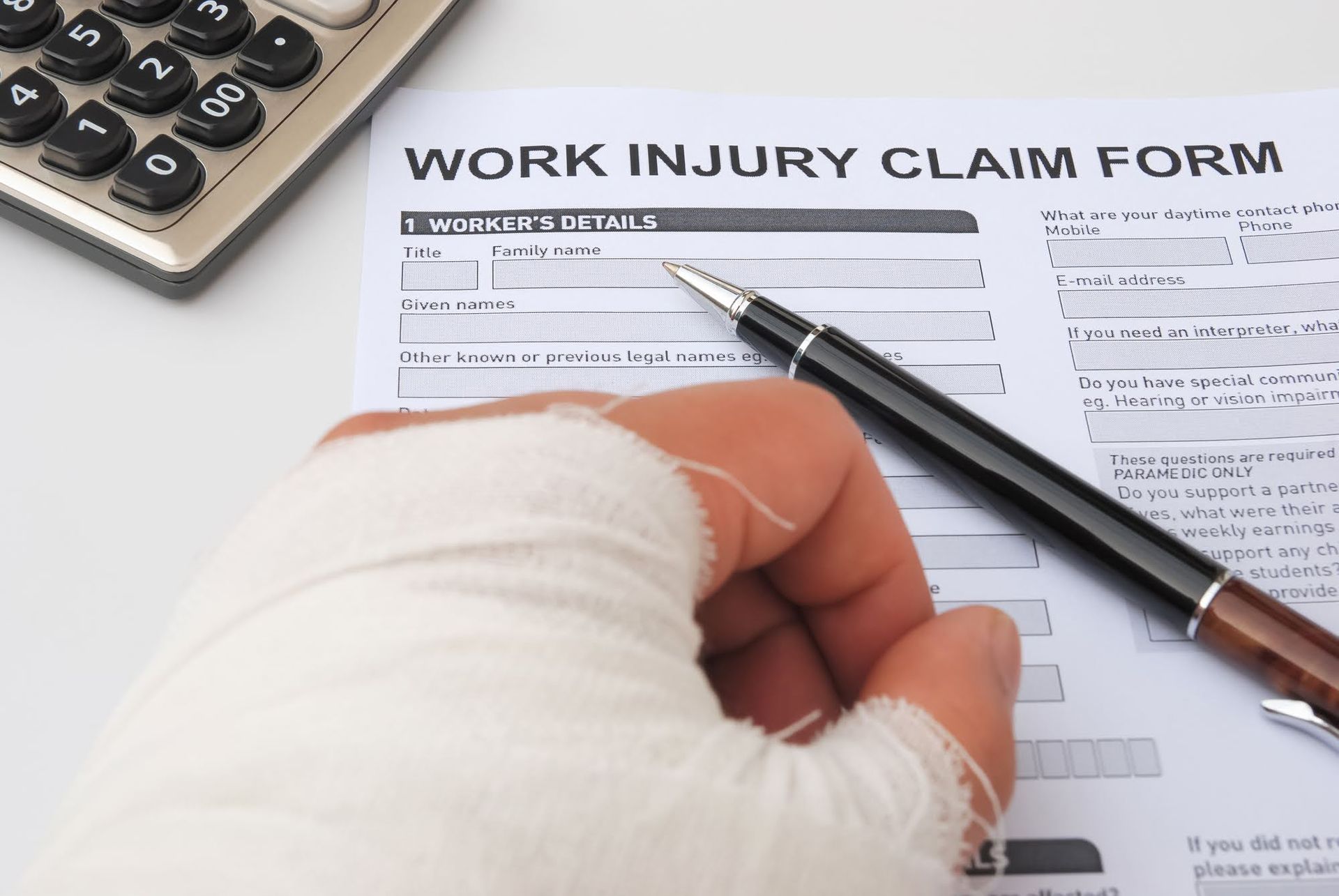Address: 1201 East Street Parkville, Missouri 64152
Toll Free:
Call Us Now:
5 COMMON MISCONCEPTIONS REGARDING WORKPLACE ACCIDENTS
Workplace accidents are common, but they are not always cut and dry. There are many misconceptions about workplace accidents. If you would like to know more, check out these five common misconceptions about workplace accidents.
1. Myth: Office Workers Don't Need to Worry About Injuries
You may feel that office workers don't need to worry about workplace injuries. Unlike employees in more physical jobs, they aren't handling major equipment, heavy boxes, forklifts, etc. However, regardless of your job, you could experience a workplace injury, such as fire exposure or a trip/fall.
However, office workers face other potential risks, such as possible hazardous or unclean indoor air. Poor indoor air quality can affect employee performance by preventing employees from breathing comfortably. Some may get sick more often.
Lastly, office workers have to sit at a desk for long periods of time, staring at a computer screen. For this reason, they are also at risk of developing eye strain or various ergonomic injures, such as carpal tunnel syndrome, forward head position, etc.
2. Myth: If You Were at Work: You Are Covered
If you were working at the time of the accident, you should be covered by workers' compensation. However, insurance carriers and your employer don't love paying money, so they may try to fight your claim. Your employer may claim you weren't working at the time of the accident. For example, they may say you were leaving to go get lunch.
If you had a pre-existing condition, the insurance company may try to use this against you. You and your attorney will need to prove that work directly worsened the pre-existing condition. Other instances in which your claim may be denied include missed deadlines and filing after you leave the job.
3. Myth: You Can't Ever Sue After a Work Injury
Typically, you can't sue after a workplace injury, but there are a few exceptions. First, if your employer doesn't provide workers' compensation, you can sue. Similarly, if you file a claim but it is denied, you may be able to sue your employer, but you and your attorney will have to prove your case.
If a third party caused your injury, such as a defective product, you can sue the third party. If someone purposely attacked you or caused you injury, you may be able to sue. If you do get money from a lawsuit, you will need to pay back some or all the workers' compensation.
4. Myth: Minor Injuries Don't Need to Be Reported
After you are injured at work, there is a deadline to report the accident and file for workers' compensation. However, if you only sustained a minor injury, you may see no point in reporting the accident. However, this could be problematic in the future.
If the accident ends up causing more injury than you realized, you may end up waiting too long to file. Even if you do file within the timeframe, failing to immediately report the injury reflects poorly on you, so they may deny your claim. In addition, if another injury aggravates the first injury, having the first injury on file could help your case.
5. Myth: Safety Requires Too Much Time and Money
Many employers shy away from safety training because they assume it costs too much money and takes up too much time. While occasional safety meetings are important, keeping employees safe doesn't take much time. Posters placed in common areas like the break room can provide needed safety information.
In regard to money, your employer may have to spend some money to reduce hazards. However, in the long run, that will save them money by reducing the risk of injury.
If you've been injured while at work, consider hiring a skilled attorney. Your employer and the insurance carrier may try to fight your claim. If you would like to know more, contact us at Spooner & Perkins, P.C. today.

CONTACT INFORMATION
Email:
Phone:
Toll Free:











